Audio
Powerd NewsWrap 4th June 2025
Powerd NewsWrap by
Emma Myers2 seasons
4th June 2025
18 mins
Brought to you by the Disability Media Australia, the Powerd Newswrap presents articles from the powerd.media website, along with discussions of the related topics.

This week on the Powerd Newswrap
Sam Rickard is joined by Emma Myers, Powerd Media’s Disability and Political Reporter, to discuss the issues of the week and present the latest articles from https://powerd.media/
This week’s articles:
New Minister shares why the NDIS is now moving closer to Health: https://powerd.media/news/new-minister-shares-why-the-ndis-is-now-moving-closer-to-health
Calls for Women with disability to be at the heart of reform: https://powerd.media/news/calls-for-women-with-disability-to-be-at-the-heart-of-reform
Removal of autistic children from NDIS creates uncertain futures for thousands: https://powerd.media/news/removal-of-autistic-children-from-ndis-creates-uncertain-futures-for-thousands
This program is brought to you by Disability Media Australia.
Speaker 1 00:09
Sam on the Vision Australia and reading radio networks. This is the Powerd news wrap.
Sam Rickard 00:16
Hello. I'm Sam Rickard. It's Wednesday, the 28th of May. We're presenting articles from the Powerd dot media website. Joining me, as usual, is the writer of these articles, Emma Myers, hello, Emma. Hello. So what's been rocking your boat this week? Foundational
Emma Myers 00:30
supports. But that's nothing new. I think everyone is anxious to more about them. I gotta admit, this
Sam Rickard 00:39
is, this is a new one on me, but then again, I'm don't pay a lot of attention to the political and legislative side of things. I mean, it seems to me that this is kind of the next layer down from what the NDIS should be doing, but it's probably more important than the NDIS
Emma Myers 00:57
itself. Yeah, you're right there. Sam, so what it is is foundational supports have always been proposed to help people who aren't on the NDIS. Now, only 10% of us were ever meant to be on the scheme, and foundational supports have always been toted at services to help those of us who aren't on the NDIS, or who don't need as intensive supports as those who may be on the NDIS, I think
Sam Rickard 01:34
this would actually ring a lot of bells with a lot of blind and vision impaired people as well, because I think there's a lot of us that who are on the NDIS because we have to be, whereas we don't really. I mean, I don't consider myself to be as severely disabled as a lot of people who need a lot of intensive support. But also, we've got an article on a new app for autistic children, so that looks interesting, but without further ado, we'll get our fantastic news reader of the week, Deanne Draper, who has the voice of an angel and the name of a superhero, to read these articles.
Speaker 1 02:14
Thank you. Sam. Foundational supports is a topic on everyone's mind as the largest national disability insurance scheme conference takes place in Melbourne this week. They're the big change on the horizon for the five and a half million Australians living with disability, and were the subject of the community sector's new community politics podcast from pillar to post when it partnered with powered media this week, powered media put a call out on our social media channels asking for your thoughts on what exactly our readers know about foundational supports, as well as spoke with decision makers and those directly impacted by the scheme, the consensus from the community was that not many people know what they are or how They will be used one use of Powerd Media, socials. Charlie Park told us that many community based disability supports disappeared 10 years ago when the NDIS came, you can no longer go to your local council and receive help with cleaning or meals. If you are disabled, it's either the big, massive, awful behemoth of the NDIS or no support beyond your family, they say Bernard, which Cano, is a single father of two active children. His son, Lucas, was diagnosed with autism at two and a half years old. He says Lucas received his early diagnosis before the introduction of the NDIS, and was only given a piece of paper with handwritten notes as how to progress. I remember talking to this doctor who gave us the diagnosis, and at the end of the meeting, he handed me this piece of paper he had scribbled down all sorts of supports and therapies. Says Bernardo looking back on life prior to the NDIS, Lucas's father recalls being directed towards various organizations, community groups and resources for the education system. If any support was required or needed by someone, people would just point you to the NDIS. When the NDIS was introduced, many not for profit morphed into service providers and change their business model from being volunteer, led to being funded by the scheme. When the father of two asked what sort of supports there are for individuals not on the NDIS, most organizations state that it is outside of their jurisdiction. The fact that foundational supports are coming online, stops that excuse. It tells the rest of the government to engage with the disability community to support people with disability. He says, Powerd media's program coordinator Vanessa Smith, lives with multiple disabling chronic illnesses. She says various recommended submissions from adverse. Could see groups, organizations and charities, were made to the federal government last year, which highlighted the need for further clarity of foundational supports. If foundational supports are going to be state based, that's a huge risk for inconsistency. Hannah Orban is an associate in the Gratian Institute's disability program, advocating for the quality of people with disability through evidence based public policy. She explains that when the NDIS was designed in 2011 three tiers of support were established. The second was the initial plan for foundational support, specific supports for people with disability who don't need intensive supports, but need something a little bit more than mainstream services. When asked why foundational supports have been the slowest to come to fruition, the policy maker pointed to the NDIS occupying a great deal of focus for government officials. The NDIS is such a significant change to the social policy system. Getting that up and running has been a big challenge, and it's basically we just haven't gotten around to foundational support. But it's really important that we do that. Ms Oban says, according to ms Oban, negotiations between federal, state and territory governments have stalled, adding another layer of complexity to them. She claims there is a lot of uncertainty about how many people will be accessing foundational support, and state governments are concerned about the levels of demand. There is a risk that with calling for more new funding into foundational supports, the negotiations will stall, and we won't see foundational supports anytime soon, and we really need them on the Vision Australia and reading radio networks. This is the Powerd news wrap. Neurodivergent children now have access to a new, exciting way of engaging in physical activity, access to quality physical health and well being activities is an important aspect of reducing negative behaviors and increasing mood, improving coping skills and enhancing overall quality of life. According to advocacy organization autism spectrum, Australia, 74% of autistic children would like to participate in physical activity more than they do. ASA conducted a survey which found the main indicator of reluctant participation was negative past experiences that significantly contributed to the disengagement of autistic individuals from physical activities altogether, physical health and well being is vitally important for those living with neurological conditions. According to my first gym the fitness website says eight in 10 children living with autism and other neurological conditions have movement challenges, which can result in higher body mass and composition, gastrointestinal issues, metabolic disturbances and sleep problems. This is where reset moves. The Australian developed well being app designed to support neurodivergent children through short, engaging physical interventions, has potential. The app uses AI based recognition to track players movements, allowing them to play our different games and leads them through short, motion based experiences that engage both the body and mind. The app is already seeing uptake in Australian schools and therapy networks, with further expansion planned nationally and internationally as a result of the program's success, reset moves has officially been recognized as a certified autism resource by the International Board of credentialing and continuing education standards, I, B, C, C, E, S. Liam Casson, CEO of reset moves, says the certification is a proud moment for the initiative, it validates the work we're doing to build supportive, fun and effective intervention that can help children thrive at home, at school and in therapy settings, often in under 10 minutes. Reset moves will now be featured on the IBC ces accessibility app, a global platform that connects individuals with disabilities and their families to certified inclusive products, services and destinations. For more information, visit www.resetmoves.com,
Sam Rickard 09:36
Thank you, Diane, so let's talk about the second article.
Emma Myers 09:41
The second article explains that there's a new app for children with neurodiverse disability. And so what we know is from Autism Spectrum Australia, 74% of autistic children would like to participate in. And physical activity more than they already do. However, negative past experiences have been the main indicator of why they don't and so this app really gets them up and active in their own space, in their own way. And it's inclusive. It's interactive, students, teachers, parents and caregivers, everyone around them can access their account and and kind of encourage them to develop their skills. Physical Activity
Sam Rickard 10:38
in general is vital for anyone with a disability, and it says sometimes seeing like the world out there is conspiring to stop us from doing things. So on one level, we have, yes, the fantastic Paralympians out there doing their thing, and then we have these sort of negative attitudes of teachers and people cut with gyms and stuff like that. I mean, even someone like myself, I mean, I'm sure you've had sort of experiences that have sort of been negative throughout, say, school or just even going to a gym or something like that. I
Emma Myers 11:10
mean, well, I actually tried joining a gym recently, and they required their doctor's certificate for me to join the gym. Oh, wow. And so I haven't joined it, so the majority of my physical activity in the past has always been personal trainers in a private space, because I'm too self conscious of people looking at me trying to improve my fitness.
Sam Rickard 11:39
And so, yeah, you bear that in mind with someone with autism who is trying to fit in or trying to do the same things. And this sounds like this app could be a major breakthrough. I mean, it sort of breaks the ice on both sides. I'm guessing. Yeah, it
Emma Myers 11:55
really does. And it's actually the app actually has a variety of different functions. So a lot of the time it's, yeah, it's gaming orientated, and it'll actually track your movement. So you put the app on, and then whatever device you've got it on, you put the device in a place where it can track your movements and tell you how well you're doing. If
Sam Rickard 12:23
it works, then it's a great idea. That's the way I see it now. So before we go, we're going to cover a little bit of what we're covering next week as a follow up on what we're talking about last week with the medicalization of the NDIS and the government's approach to disability. And so you had some follow up on this. Yes,
Emma Myers 12:44
one of the ministers to the NDIS, Jenny McAllister, actually presented her first keynote as minister at an event in Melbourne last week in which he said that although the NDIS was moving into house, the government was still very much committed to following the social model of disability, yes. So,
Sam Rickard 13:11
I mean, I'm hoping then that what they're saying is that they can walk and chew gum at the same time, basically, so that, yes, they can understand the medical side of things, but also understand that we are more than just our disability as such. Yes, all right, that is a wrap for this wrap. Thank you, Emma for joining us once more, and I look forward to hearing from you again next week. Bye, for now, bye.
Speaker 1 13:36
You can find these articles and more by going to Powerd, spelt, P, O, W, E, R, D, dot media, along with the podcast of this show, the powered news rep was brought to you by disability media Australia. This show was produced by Sam Ricard in the Adelaide studios of Vision Australia radio you.
Continue listening

Brought to you by the Disability Media Australia, the Powerd Newswrap presents articles from the powerd.media website, along with discussions of the related topics.
Powerd NewsWrap 21st May 2025
Powerd NewsWrap by Emma Myers
21st May 2025
•15 mins
Audio

Brought to you by the Disability Media Australia, the Powerd Newswrap presents articles from the powerd.media website, along with discussions of the related topics.
Powerd NewsWrap 28th May 2025
Powerd NewsWrap by Emma Myers
28th May 2025
•14 mins
Audio

Brought to you by the Disability Media Australia, the Powerd Newswrap presents articles from the powerd.media website, along with discussions of the related topics.
Powerd NewsWrap 4th June 2025
Powerd NewsWrap by Emma Myers
4th June 2025
•18 mins
Audio

Brought to you by the Disability Media Australia, the Powerd Newswrap presents articles from the powerd.media website, along with discussions of the related topics.
Powerd NewsWrap 11th June 2025
Powerd NewsWrap by Emma Myers
11th June 2025
•14 mins
Audio

Powerd NewsWrap 18th June 2025
Powerd NewsWrap 18th June 2025
NewsWrap by Emma Myers
18th June 2025
Audio

Powerd NewsWrap 25th June 2025
Powerd NewsWrap 25th June 2025
Powerd NewsWrap by Emma Myers
25th June 2025
•14 mins
Audio

Brought to you by the Disability Media Australia, the Powerd Newswrap presents articles from the powerd.media website, along with discussions of the related topics.
Powerd NewsWrap 2nd July 2025
Powerd NewsWrap by Emma Myers
2nd July 2025
•16 mins
Audio

Brought to you by the Disability Media Australia, the Powerd Newswrap presents articles from the powerd.media website, along with discussions of the related topics.
Powerd NewsWrap 9th July 2025
Powerd NewsWrap by Emma Myers
9th July 2025
•14 mins
Audio

Brought to you by the Disability Media Australia, the Powerd Newswrap presents articles from the powerd.media website, along with discussions of the related topics.
Powerd NewsWrap 16th July 2025
Powerd NewsWrap by Emma Myers
16th July 2025
Audio

Brought to you by the Disability Media Australia, the Powerd Newswrap presents articles from the powerd.media website, along with discussions of the related topics.
Powerd NewsWrap 23rd July 2025
Powerd NewsWrap by
23rd July 2025
•15 mins
Audio

Brought to you by the Disability Media Australia, the Powerd Newswrap presents articles from the powerd.media website, along with discussions of the related topics.
Powerd NewsWrap 30th July 2025
Powerd NewsWrap by
30th July 2025
•15 mins
Audio

Brought to you by the Disability Media Australia, the Powerd Newswrap presents articles from the powerd.media website, along with discussions of the related topics.
Powerd NewsWrap 6th August 2025
Powerd NewsWrap by Emma Myers
6th August 2025
•14 mins
Audio
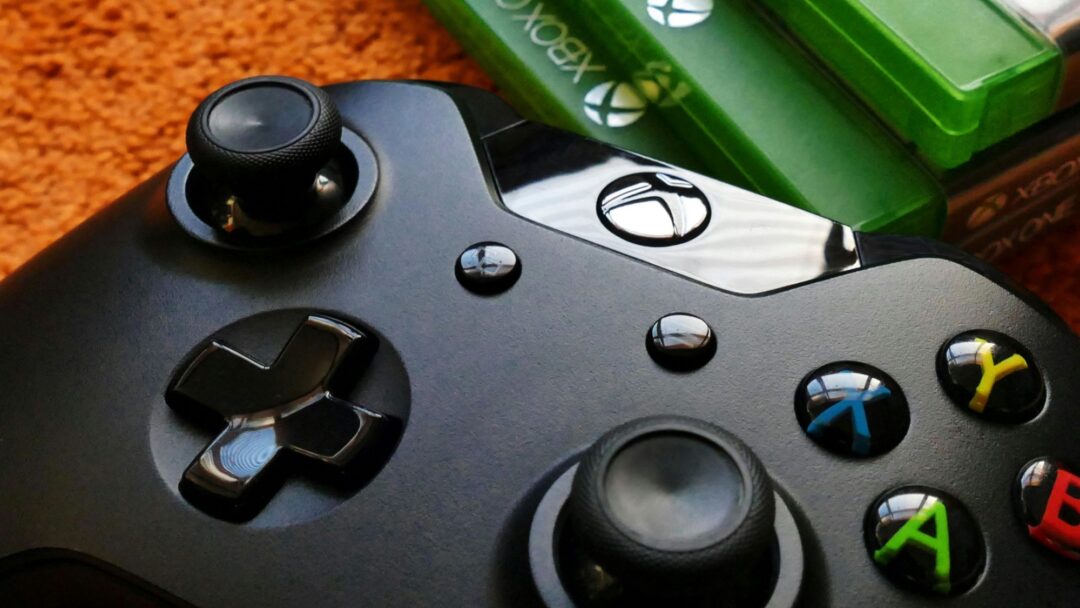
Brought to you by the Disability Media Australia, the Powerd Newswrap presents articles from the powerd.media website, along with discussions of the related topics.
Powerd NewsWrap 13th August 2025
Powerd NewsWrap by Emma Myers
13th August 2025
•14 mins
Audio

Brought to you by the Disability Media Australia, the Powerd Newswrap presents articles from the powerd.media website, along with discussions of the related topics.
Powerd NewsWrap 20th August 2025
Powerd NewsWrap by Emma Myers
20th August 2025
•14 mins
Audio
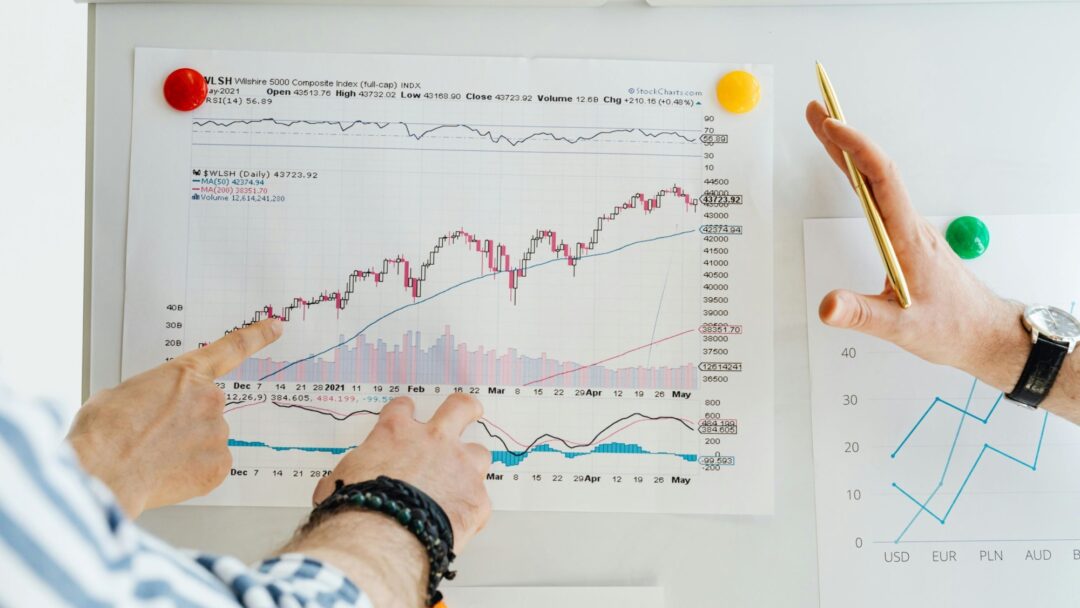
Brought to you by the Disability Media Australia, the Powerd Newswrap presents articles from the powerd.media website, along with discussions of the related topics.
Powerd NewsWrap 27th August 2025
Powerd NewsWrap by Emma Myers
27th August 2025
•17 mins
Audio

Brought to you by the Disability Media Australia, the Powerd Newswrap presents articles from the powerd.media website, along with discussions of the related topics.
Powerd NewsWrap 3rd September 2025
Powerd NewsWrap by Emma Myers
3rd September 2025
•17 mins
Audio
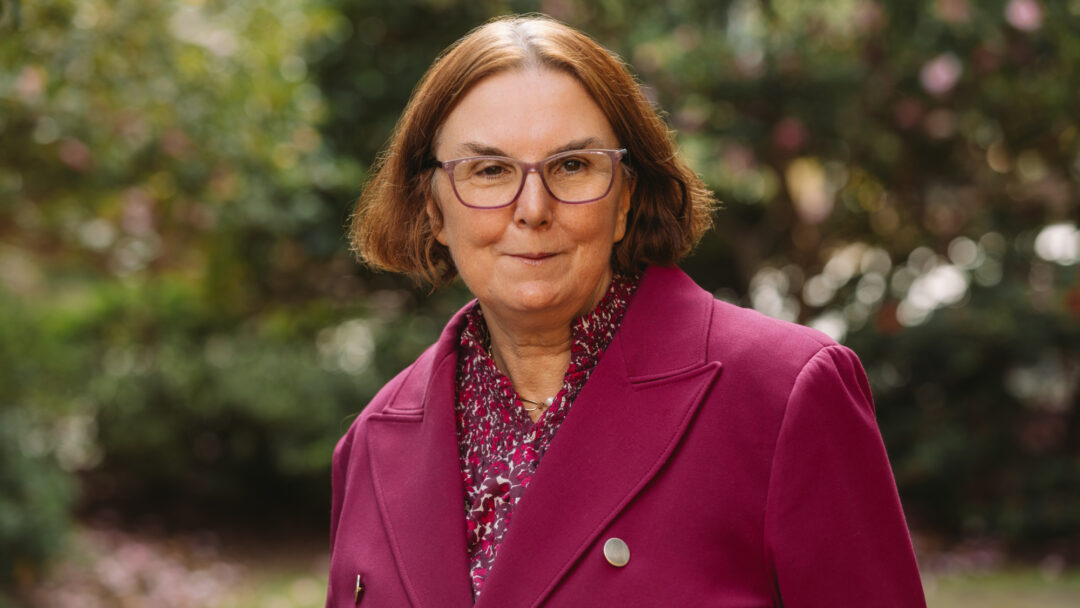
Brought to you by the Disability Media Australia, the Powerd Newswrap presents articles from the powerd.media website, along with discussions of the related topics.
Powerd NewsWrap 10th September 2025
Powerd NewsWrap by Emma Myers
10th September 2025
•14 mins
Audio
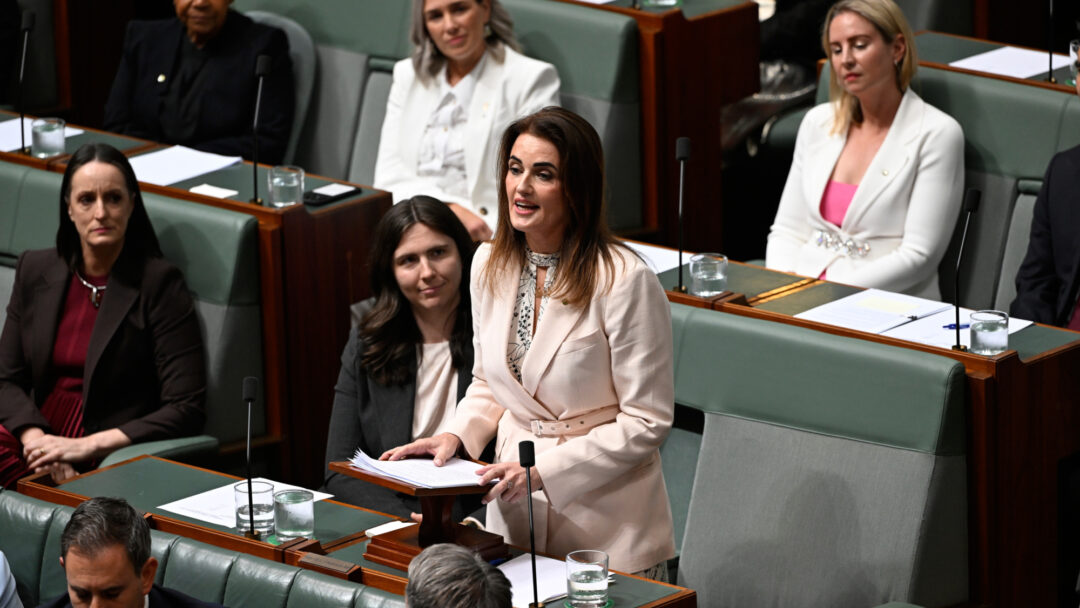
Brought to you by the Disability Media Australia, the Powerd Newswrap presents articles from the powerd.media website, along with discussions of the related topics.
Powerd NewsWrap 17th September 2025
Powerd NewsWrap by Emma Myers
17th September 2025
•14 mins
Audio
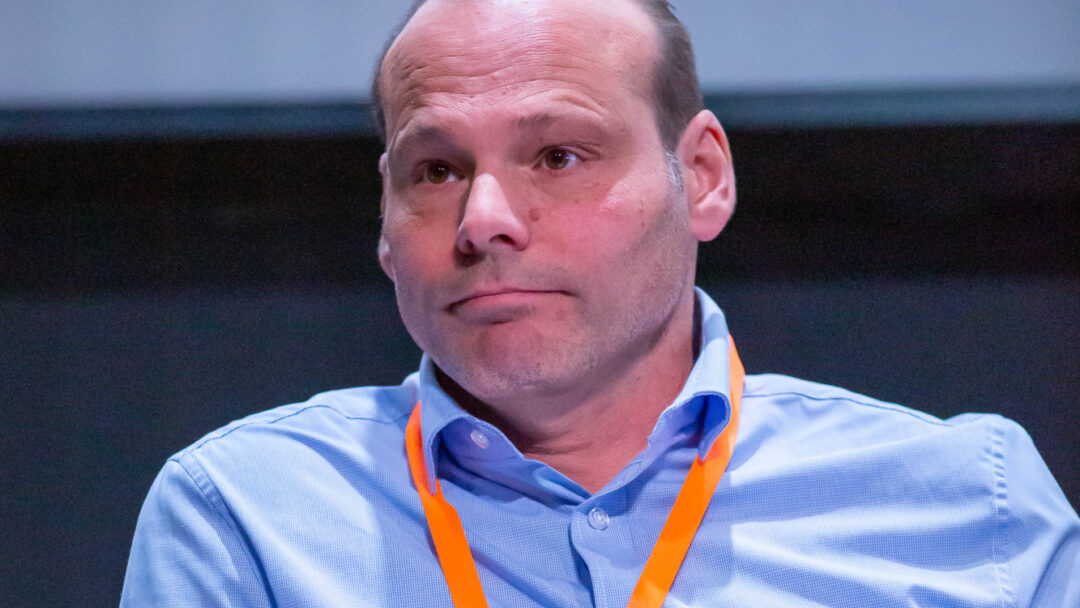
Brought to you by the Disability Media Australia, the Powerd Newswrap presents articles from the powerd.media website, along with discussions of the related topics.
Powerd NewsWrap 24th September 2025
Powerd NewsWrap by Emma Myers
24th September 2025
•15 mins
Audio
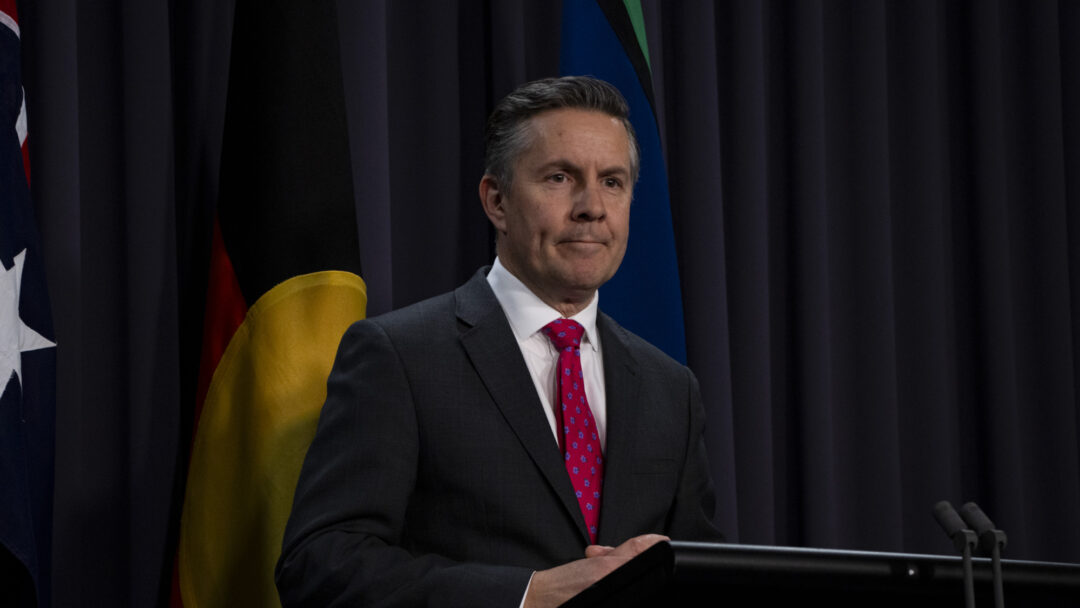
Brought to you by the Disability Media Australia, the Powerd Newswrap presents articles from the powerd.media website, along with discussions of the related topics.
Powerd NewsWrap 1st October 2025
Powerd NewsWrap by Emma Myers
1st October 2025
•14 mins
Audio
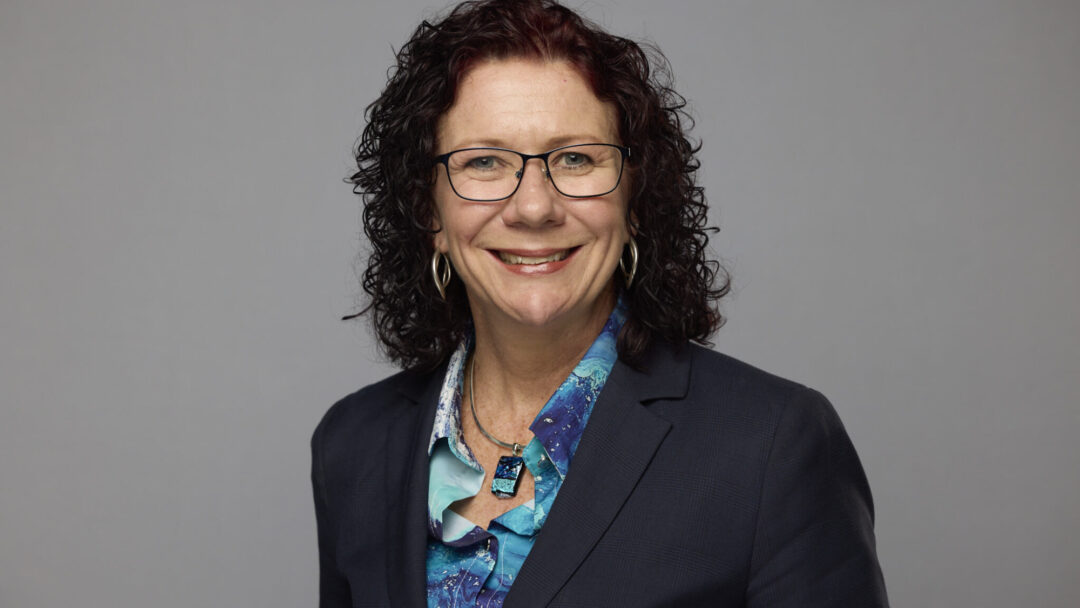
Brought to you by the Disability Media Australia, the Powerd Newswrap presents articles from the powerd.media website, along with discussions of the related topics.
Powerd NewsWrap 8th October 2025
Powerd NewsWrap by Emma Myers
8th October 2025
•14 mins
Audio
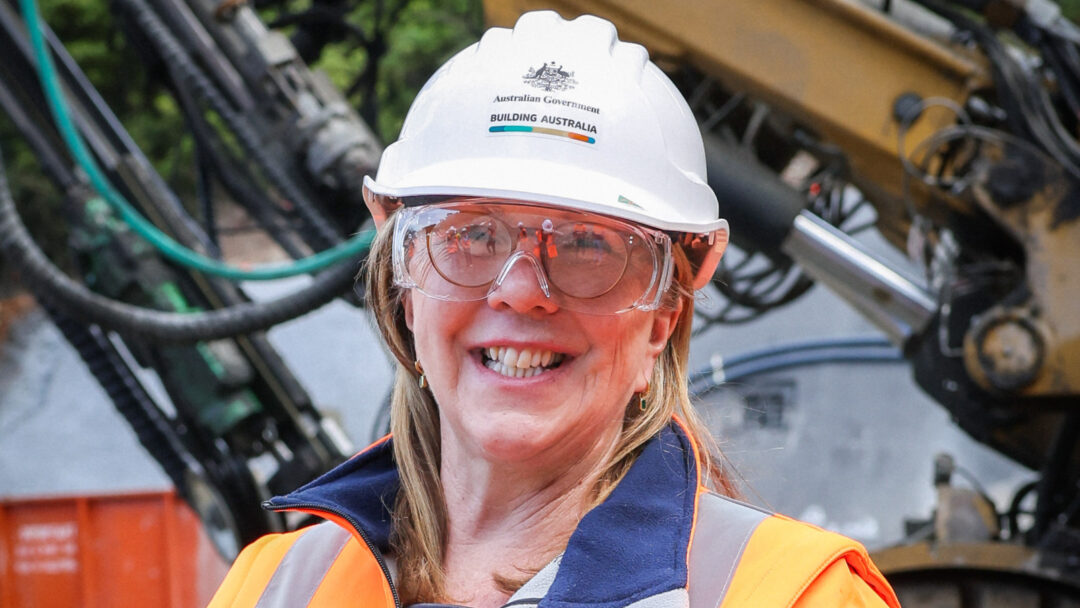
Brought to you by the Disability Media Australia, the Powerd Newswrap presents articles from the powerd.media website, along with discussions of the related topics.
Powerd NewsWrap 15th October 2025
Powerd NewsWrap by Emma Myers
15th October 2025
•15 mins
Audio
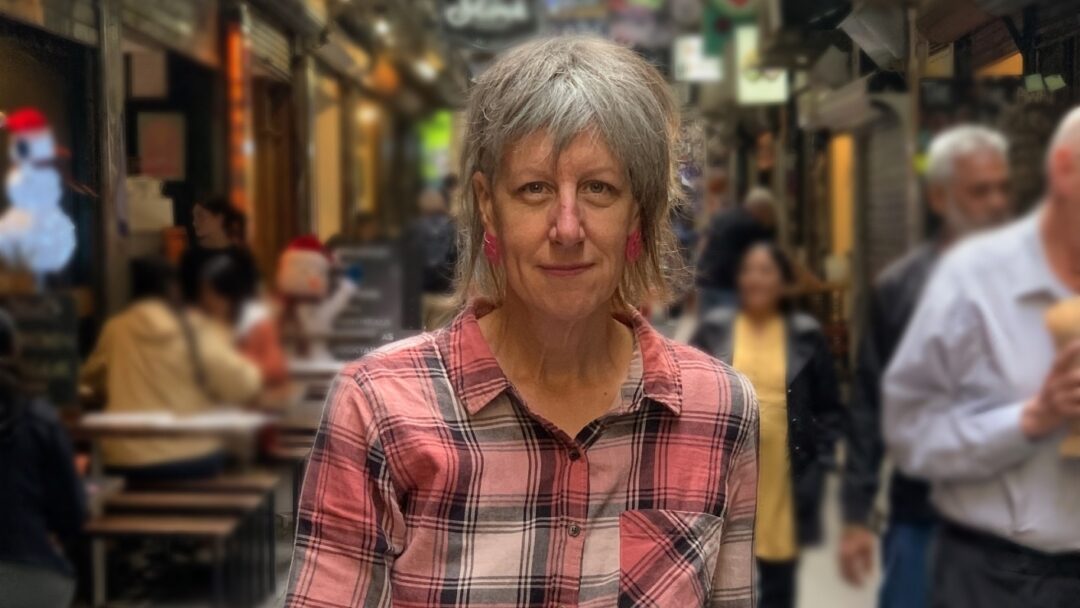
Brought to you by the Disability Media Australia, the Powerd Newswrap presents articles from the powerd.media website, along with discussions of the related topics.
Powerd NewsWrap 22nd October 2025
Powerd NewsWrap by Emma Myers
22nd October 2025
•15 mins
Audio
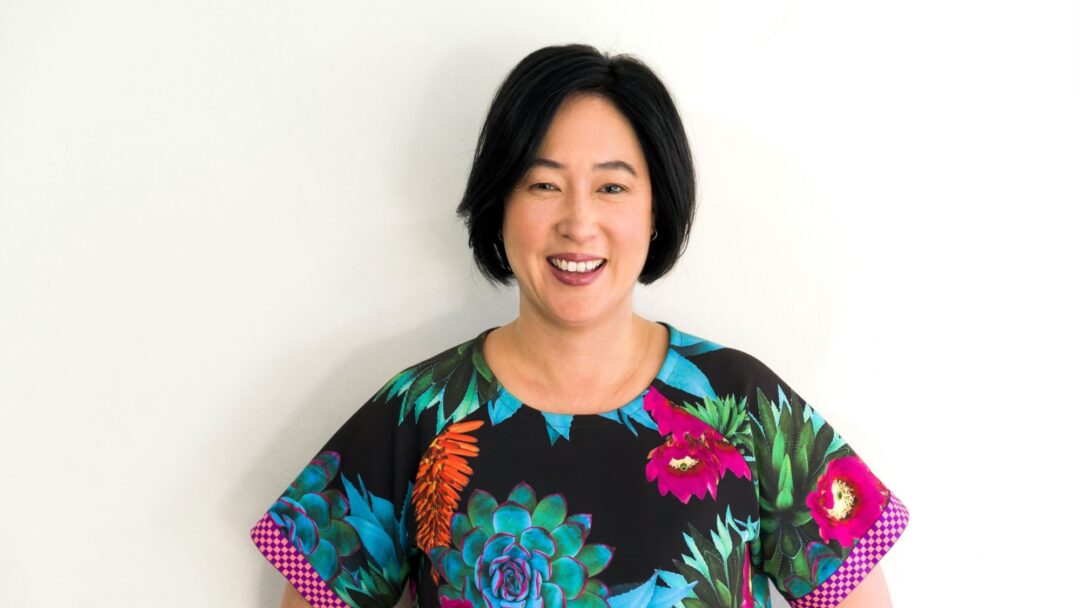
Brought to you by the Disability Media Australia, the Powerd Newswrap presents articles from the powerd.media website, along with discussions of the related topics.
Powerd NewsWrap 29th October 2025
Powerd NewsWrap by Emma Myers
29th October 2025
•17 mins
Audio

Brought to you by the Disability Media Australia, the Powerd Newswrap presents articles from the powerd.media website, along with discussions of the related topics.
Powerd NewsWrap 5th November 2025
Powerd NewsWrap by Emma Myers
5th November 2025
•15 mins
Audio
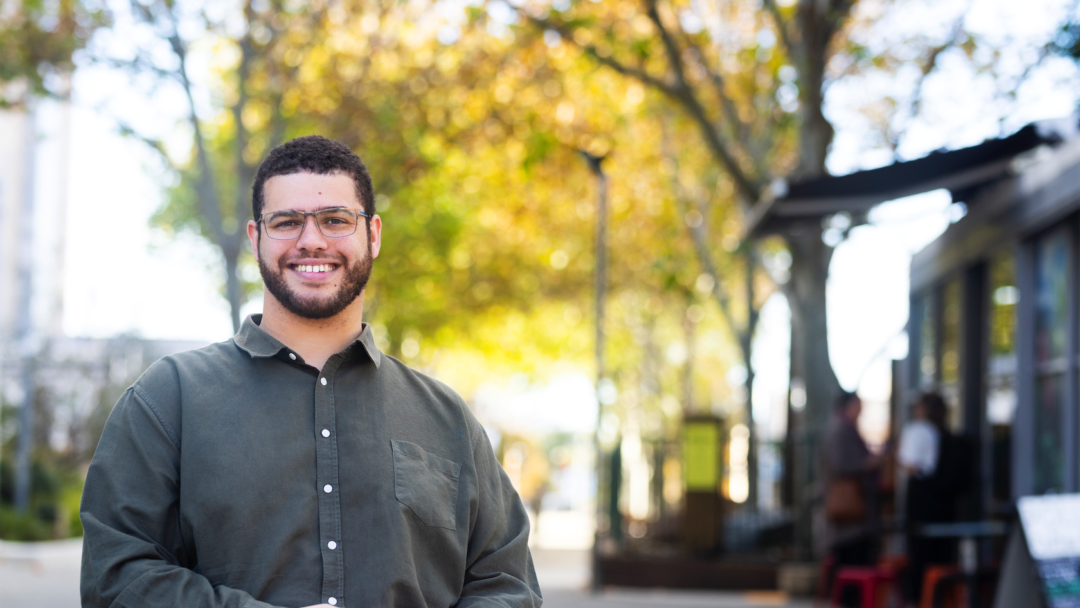
Brought to you by the Disability Media Australia, the Powerd Newswrap presents articles from the powerd.media website, along with discussions of the related topics.
Powerd NewsWrap 12th November 2025
Powerd NewsWrap by
12th November 2025
•14 mins
Audio
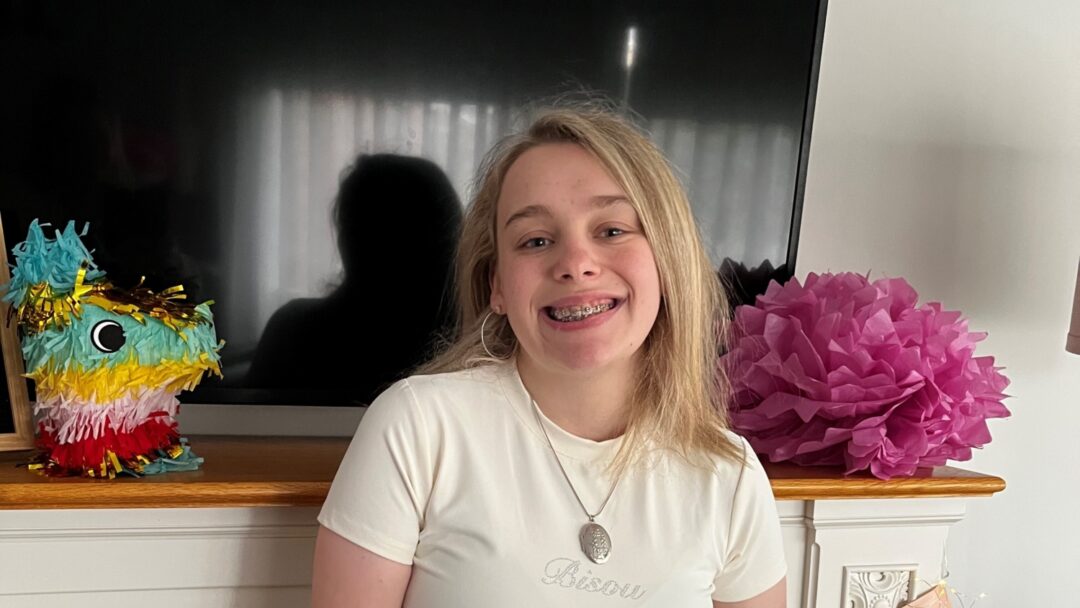
Brought to you by the Disability Media Australia, the Powerd Newswrap presents articles from the powerd.media website, along with discussions of the related topics.
Powerd NewsWrap 19th November 2025
Powerd NewsWrap by Emma Myers
19th November 2025
•14 mins
Audio
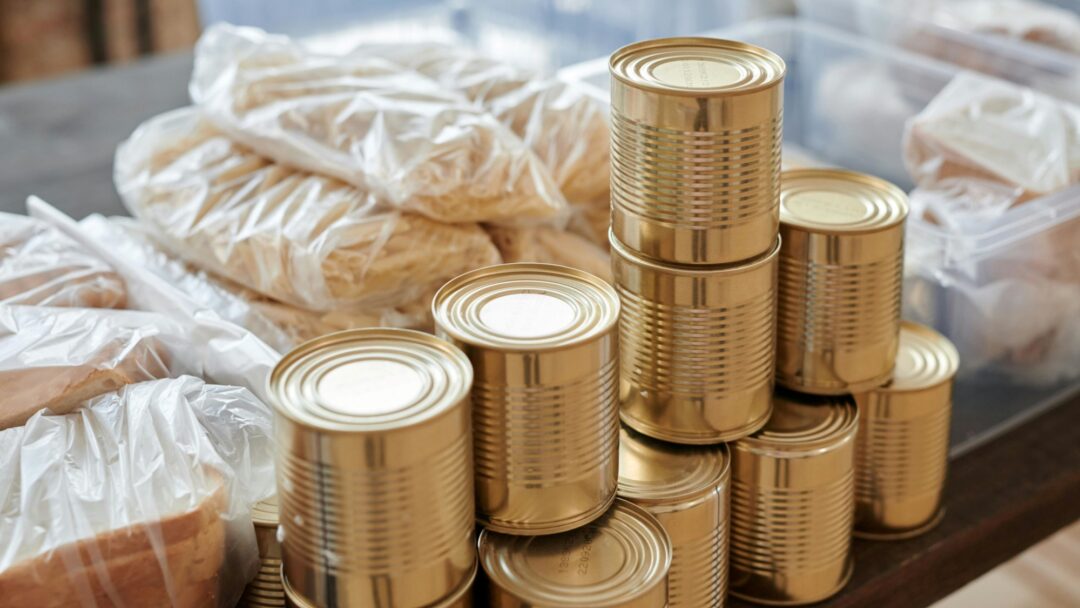
Brought to you by the Disability Media Australia, the Powerd Newswrap presents articles from the powerd.media website, along with discussions of the related topics.
Powerd NewsWrap 26th November 2025
Powerd NewsWrap by Emma Myers
26th November 2025
•15 mins
Audio
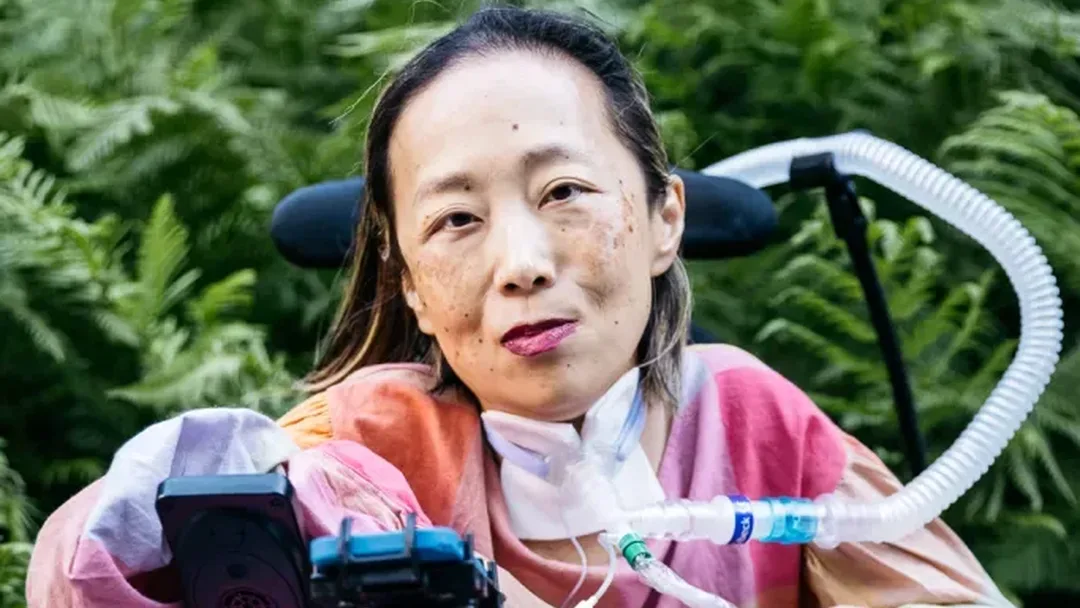
Brought to you by Disability Media Australia, the Powerd Newswrap presents articles from the powerd.media website, along with discussions of the related topics.
Powerd NewsWrap 3rd December 2025
Powerd Newswrap by Emma Myers
3rd December 2025
•15 mins
Audio

Brought to you by Disability Media Australia, the Powerd Newswrap presents articles from the powerd.media website, along with discussions of the related topics.
Powerd NewsWrap 10th December 2025
Powerd NewsWrap by Emma Myers
10th December 2025
•14 mins
Audio
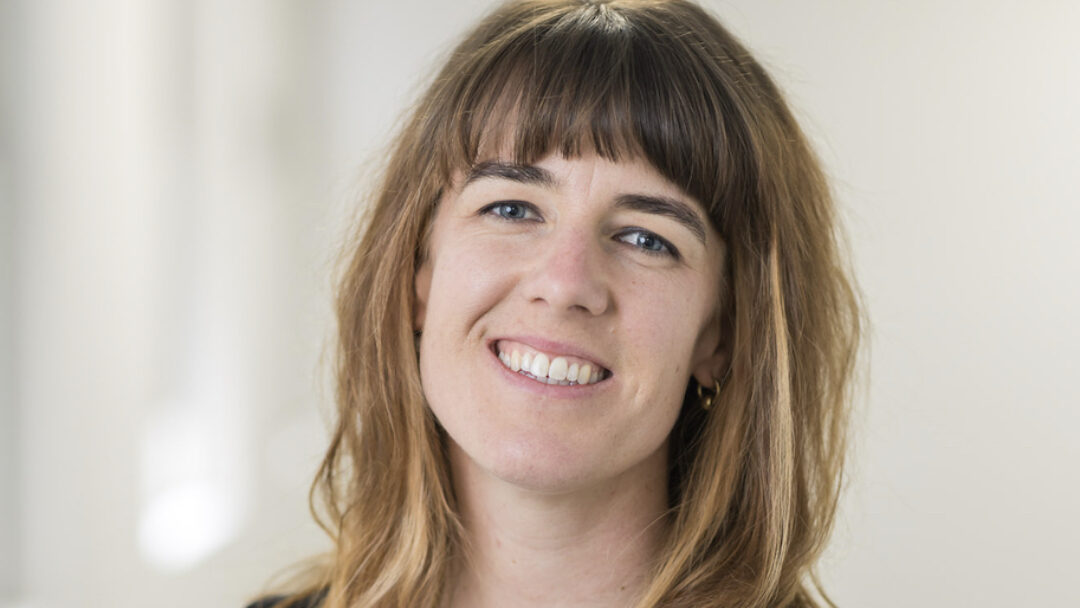
Brought to you by Disability Media Australia, the Powerd Newswrap presents articles from the powerd.media website, along with discussions of the related topics.
Powerd NewsWrap 17th December 2025
Powerd NewsWrap by Emma Myers
17th December 2025
•14 mins
Audio
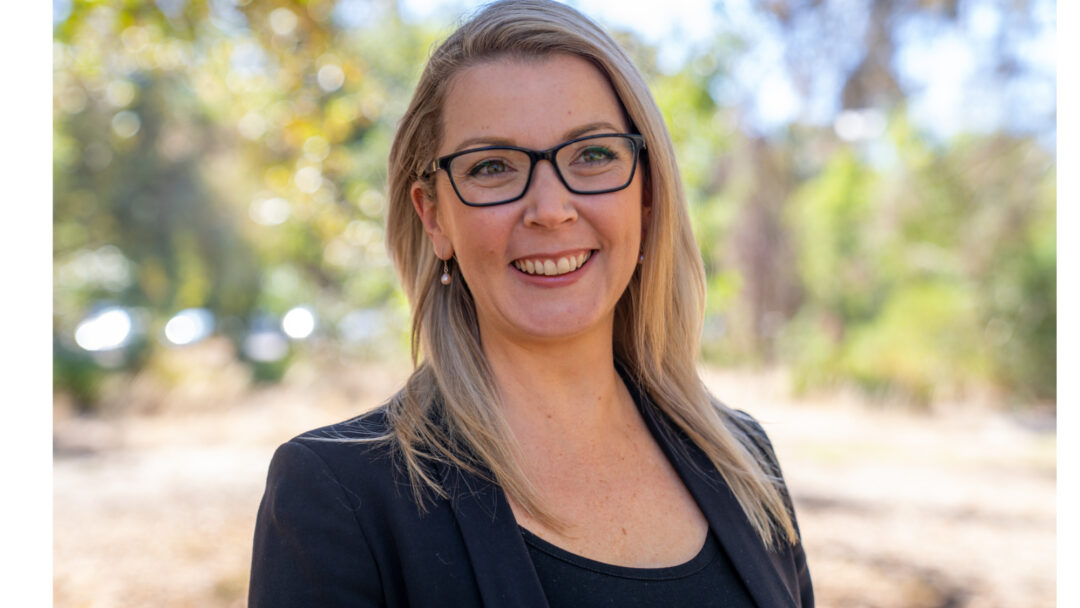
Brought to you by Disability Media Australia, the Powerd Newswrap presents articles from the powerd.media website, along with discussions of the related topics.
Powerd NewsWrap 7th January 2026
Powerd NewsWrap by Emma Myers
7th January 2026
•14 mins
Audio
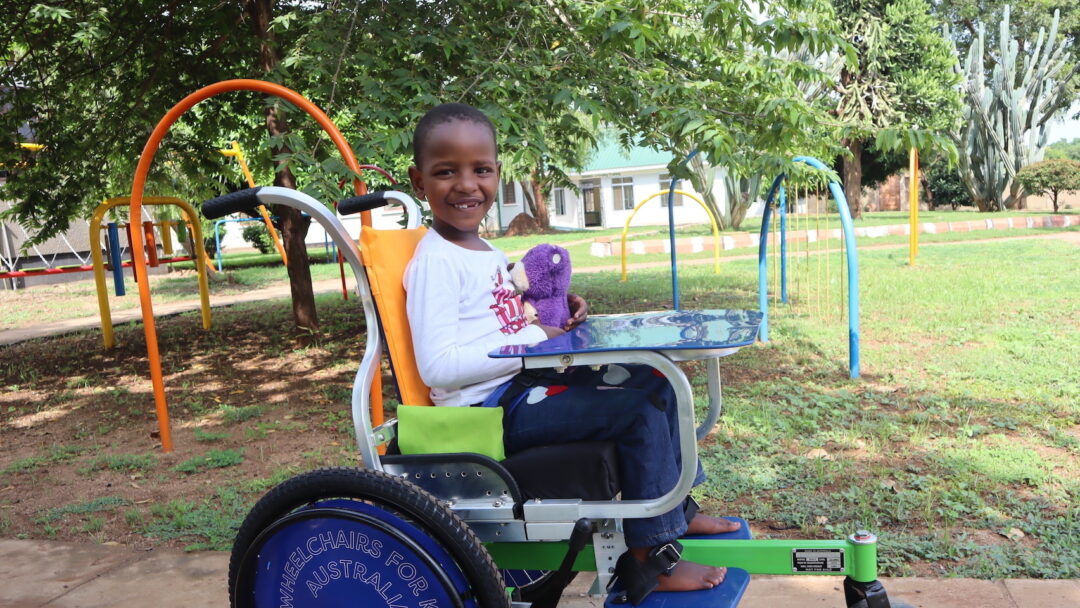
Brought to you by Disability Media Australia, the Powerd Newswrap presents articles from the powerd.media website, along with discussions of the related topics.
Powerd NewsWrap 14th January 2026
Powerd NewsWrap by Emma Myers
14th January 2026
•14 mins
Audio
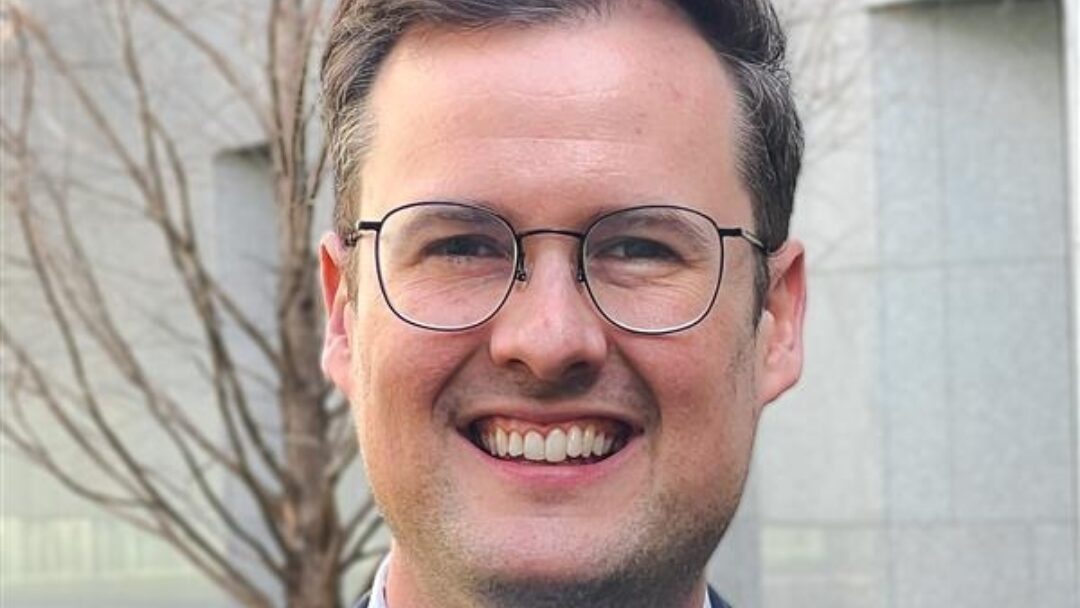
Brought to you by Disability Media Australia, the Powerd Newswrap presents articles from the powerd.media website, along with discussions of the related topics.
Powerd NewsWrap 21st January 2026
Powerd NewsWrap by Emma Myers
21st January 2026
•14 mins
Audio
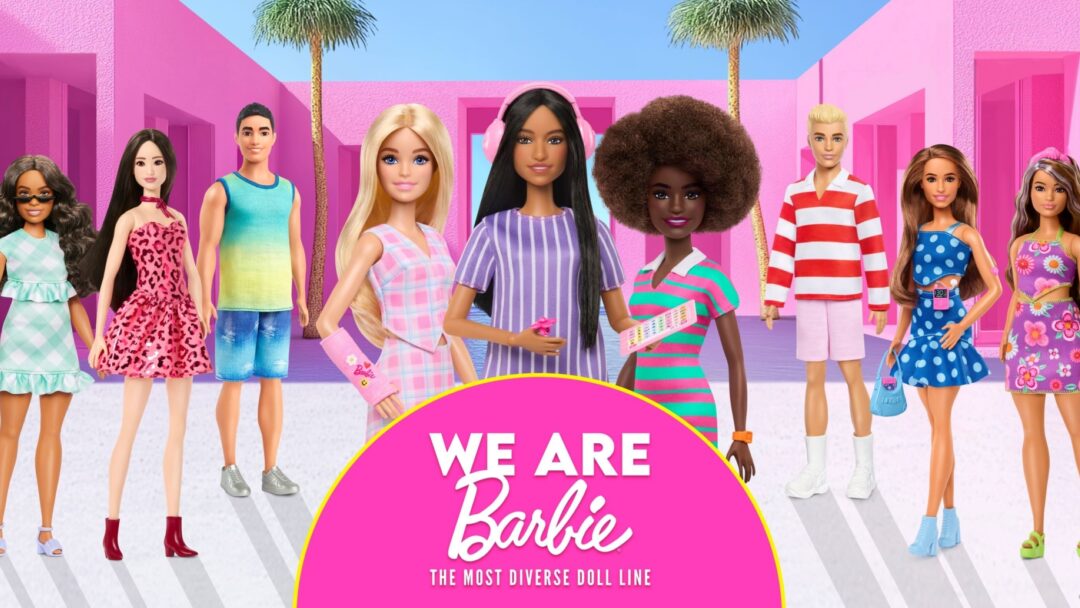
Brought to you by Disability Media Australia, the Powerd Newswrap presents articles from the powerd.media website, along with discussions of the related topics.
Powerd NewsWrap 28th January 2026
Powerd NewsWrap by Emma Myers
28th January 2026
•16 mins
Audio
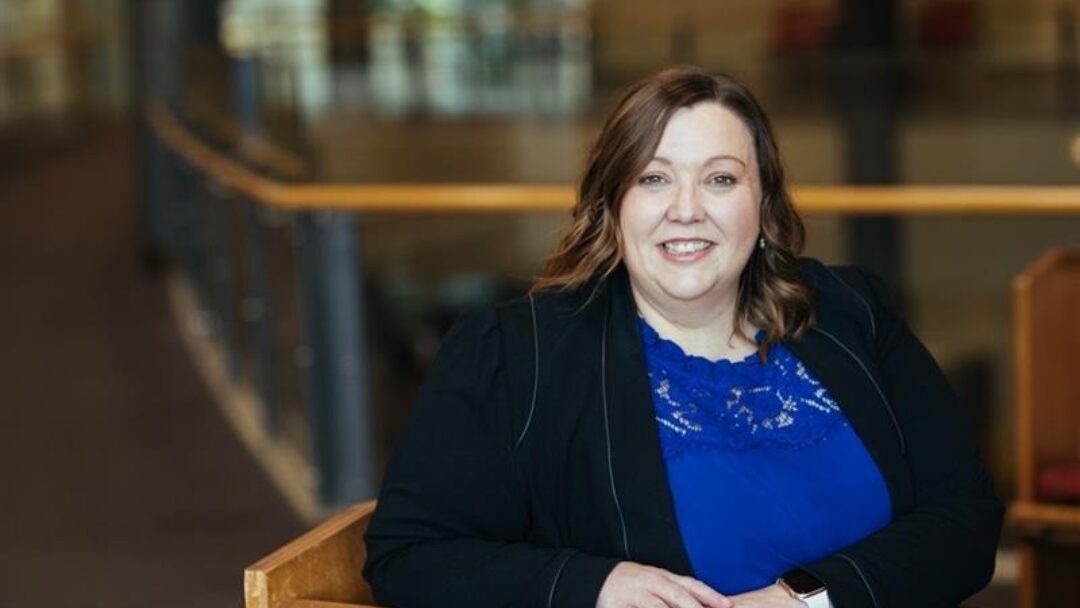
Brought to you by Disability Media Australia, the Powerd Newswrap presents articles from the powerd.media website, along with discussions of the related topics.
Powerd NewsWrap 4th February 2026
Powerd NewsWrap by Emma Myers
4th February 2026
Audio
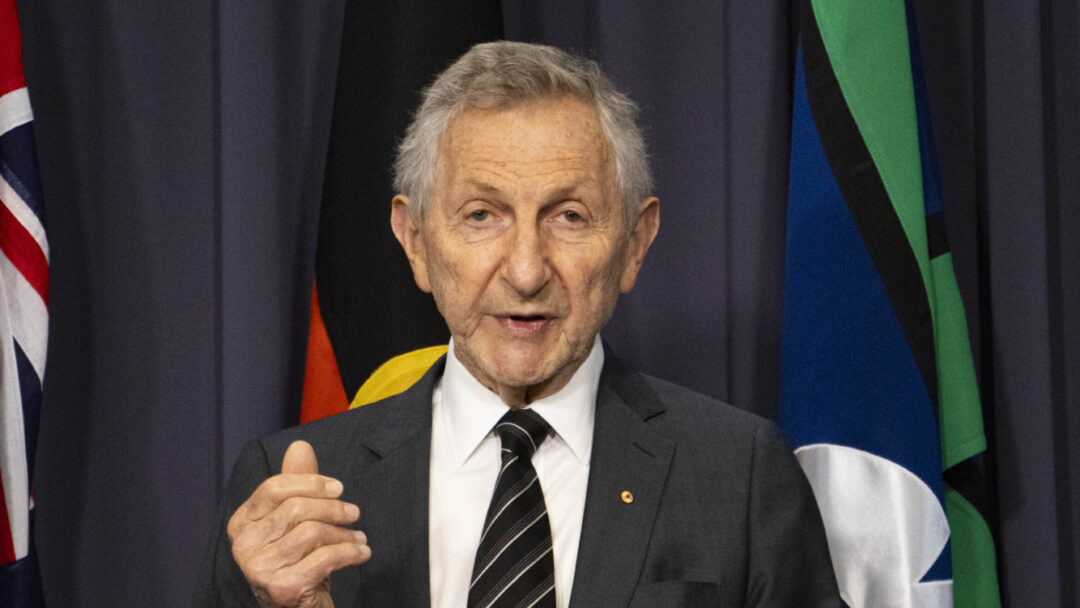
Brought to you by Disability Media Australia, the Powerd Newswrap presents articles from the powerd.media website, along with discussions of the related topics.
Powerd NewsWrap 11th February 2026
Powerd NewsWrap by Emma Myers
11th February 2026
•14 mins
Audio
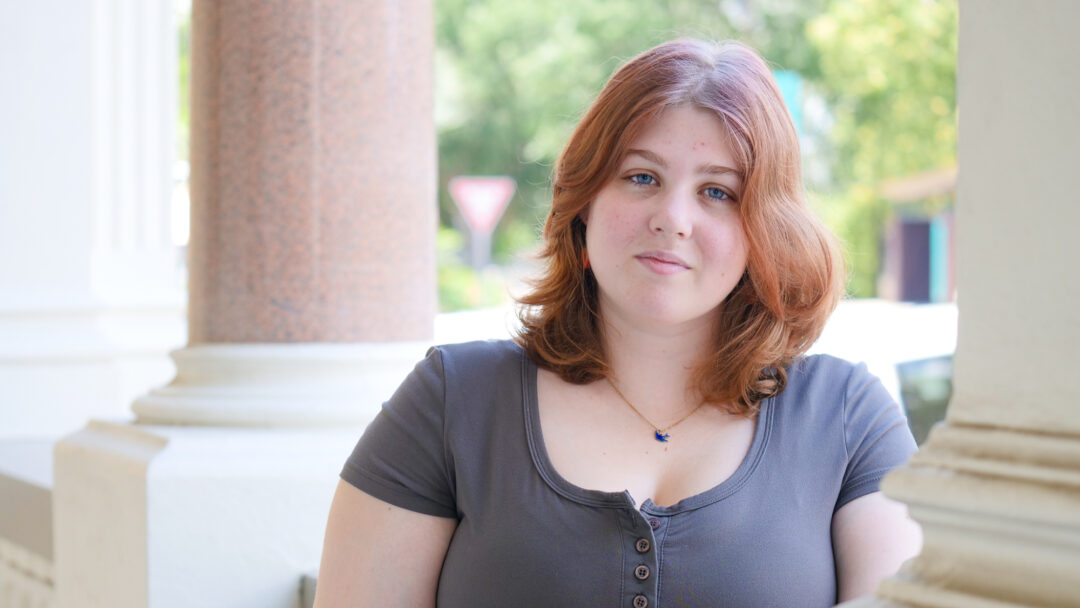
Brought to you by Disability Media Australia, the Powerd Newswrap presents articles from the powerd.media website, along with discussions of the related topics.
Powerd NewsWrap 18th February 2026
Powerd NewsWrap by Emma Myers
18th February 2026
•13 mins
Audio